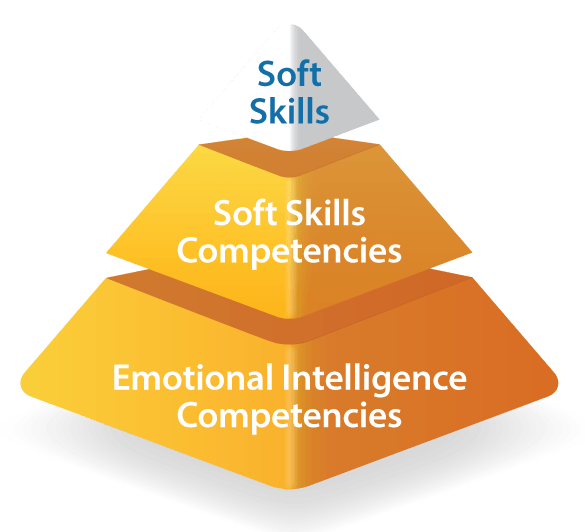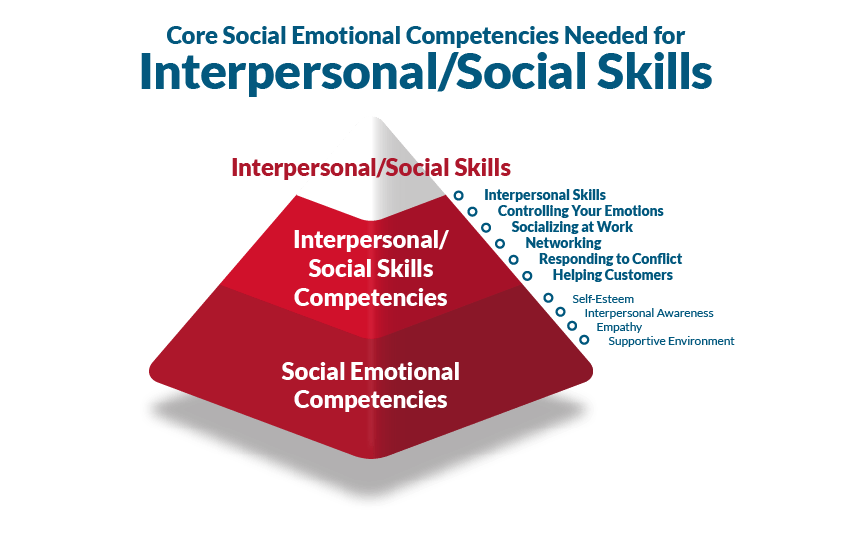
A recent study was just released by Northwestern University’s Kirabo Jackson on the effect of soft skills vs test scores. This study demonstrates that schools that build social-emotional qualities are getting better short-term and long-term results for students than schools that only focus on improving test scores.
This study included 150,000 high school students in all 133 Chicago Public Schools from 2008 onward, and reported that schools putting soft skills ahead of test scores produced students with higher grades, fewer absences and fewer disciplinary problems and arrests in high school. The students who attended these high schools also graduated and went to college at higher rates .
Another focus of the study was on two problematic behaviors—attendance and disciplinary incidents with ninth graders from 2011-2017. The results showed that schools emphasizing soft skills over test scores had fewer absences as well as disciplinary incidents. For students who entered ninth grade between 2011-2014, researchers found that students who attended schools focusing on soft skills had fewer arrests during their high school years and graduated in higher numbers.
Jackson says, “You could actually do a lot more good by focusing on schools that promote social-emotional development as opposed to focusing on schools that focus on test scores.”
In February of 2020, Jackson presented the findings at a conference for the National Center for the Analysis of Longitudinal Data in Educational Research (CALDER). There are four co-authors from The University of Chicago Consortium on School Research, Northwestern University and Mindset Scholars Network.






